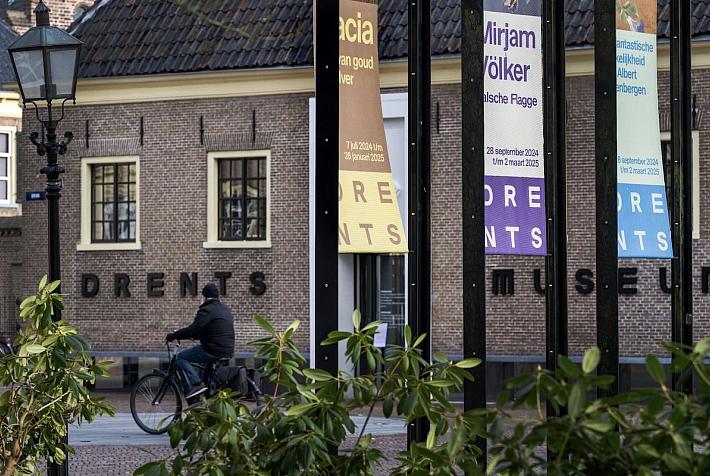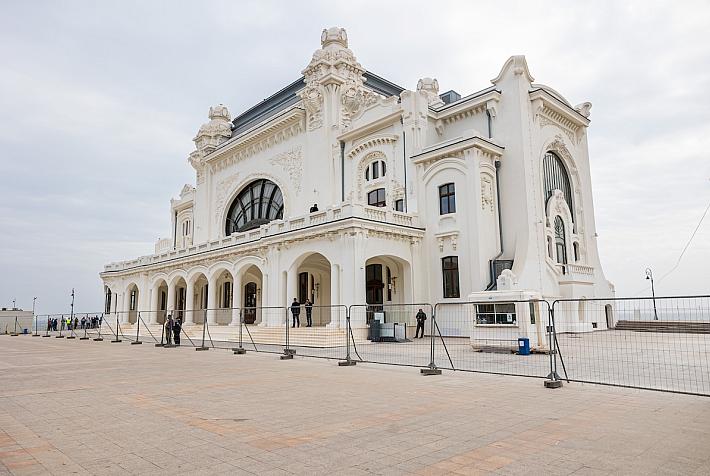Romanian-born Serge Moscovici, founder of modern social psychology, dies at 89

Romanian-born social psychologist Serge Moscovici, the director of the European Laboratory of Social Psychology, which he co-founded in 1974, died on Saturday night, November 15, in Paris, at the age of 89, according to French newspaper Le Monde.
Moscovici’s son, French politician Pierre Moscovici, is the former Finance Minister of France and the current European Commissioner for Economic and Financial Affairs, Taxation and Customs.
Serge Moscovici was born in 1925, in the Romanian Danube port of Braila. His parents were Jewish grain merchants.
From an early age, Moscovici suffered the effects of anti-Jew discrimination: in 1938, he was expelled from a Bucharest high school on the basis of newly-issued anti-semitic legislation. He then trained as a mechanic at the Bucharest vocational school Ciocanul (The Hammer).
In 1939 he joined the then-illegal Romanian Communist Party. During World War II, Moscovici witnessed the Iron Guard’s Bucharest Pogrom in January 1941, and was later sent to a forced labour camp, by Ion Antonescu’s regime. During those years, he taught himself French and educated himself by reading philosophical works.
After World War II he worked as a welder in a factory owned by Romanian industrialist Nicolae Malaxa.
In 1947 he left the country as a clandestine emigrant and went to France. There he started working in a factory, while studying psychology at the Sorbonne.
During the 1960s, went to the United States and worked at some of the most prestigious American universities, before returning to Paris to teach in one of France’s most important higher education institutions, the École pratique des hautes études. His research focus was on group psychology.
Serge Moscovici studied the influence of minorities, pointing to the fact that most major social movements have been started by individuals and small groups. His studies show that an outspoken minority is essential for innovation or social change.
editor@romania-insider.com
(Photo source: Prodan Romanian Cultural Foundation)











